Our Solar System -> nuclear energy
Nuclear Energy
Nuclear energy is the energy that is released during a nuclear reaction, either through fission (splitting of atomic nuclei) or fusion (combining of atomic nuclei). This energy can be used to generate electricity, power ships and submarines, and for other industrial purposes.
How Nuclear Energy is Produced
Nuclear energy is produced through nuclear reactions. In nuclear fission, the nucleus of an atom is split into two smaller nuclei, releasing a large amount of energy. In nuclear fusion, two atomic nuclei combine to form a larger nucleus, releasing energy in the process.
Advantages of Nuclear Energy
Disadvantages of Nuclear Energy
- Radioactive Waste
- Potential for Accidents
- High Initial Costs
- Proliferation of Nuclear Weapons
Study Guide
- Define nuclear energy and explain the two processes through which it is produced.
- List and explain the advantages and disadvantages of nuclear energy.
- Discuss the environmental impact of nuclear energy compared to other sources of energy.
- Explain the role of nuclear energy in electricity generation and its potential future uses.
- Discuss the safety measures and regulations in place for nuclear power plants.
◂Science Worksheets and Study Guides Seventh Grade. Our Solar System
Study Guide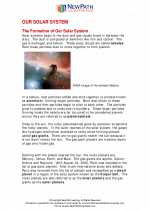 Our Solar System
Our Solar System  Activity Lesson
Activity Lesson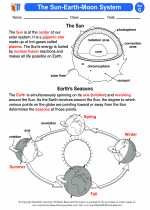 The Sun-Earth-Moon System
The Sun-Earth-Moon System  Activity Lesson
Activity Lesson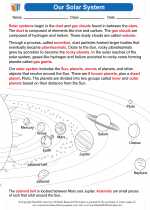 Our Solar System
Our Solar System  Worksheet/Answer key
Worksheet/Answer key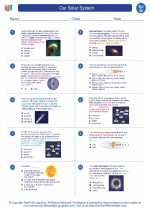 Our Solar System
Our Solar System  Worksheet/Answer key
Worksheet/Answer key Our Solar System
Our Solar System  Worksheet/Answer key
Worksheet/Answer key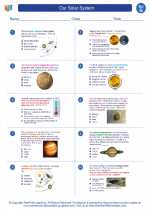 Our Solar System
Our Solar System  Worksheet/Answer key
Worksheet/Answer key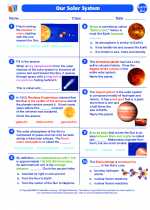 Our Solar System
Our Solar System  Vocabulary/Answer key
Vocabulary/Answer key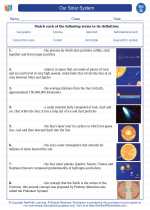 Our Solar System
Our Solar System  Vocabulary/Answer key
Vocabulary/Answer key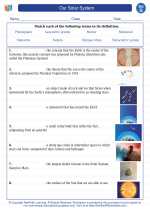 Our Solar System
Our Solar System  Vocabulary/Answer key
Vocabulary/Answer key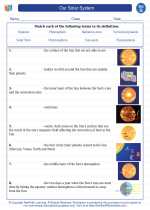 Our Solar System
Our Solar System 

 Activity Lesson
Activity Lesson
 Activity Lesson
Activity Lesson
 Worksheet/Answer key
Worksheet/Answer key
 Worksheet/Answer key
Worksheet/Answer key
 Worksheet/Answer key
Worksheet/Answer key
 Worksheet/Answer key
Worksheet/Answer key
 Vocabulary/Answer key
Vocabulary/Answer key
 Vocabulary/Answer key
Vocabulary/Answer key
 Vocabulary/Answer key
Vocabulary/Answer key
